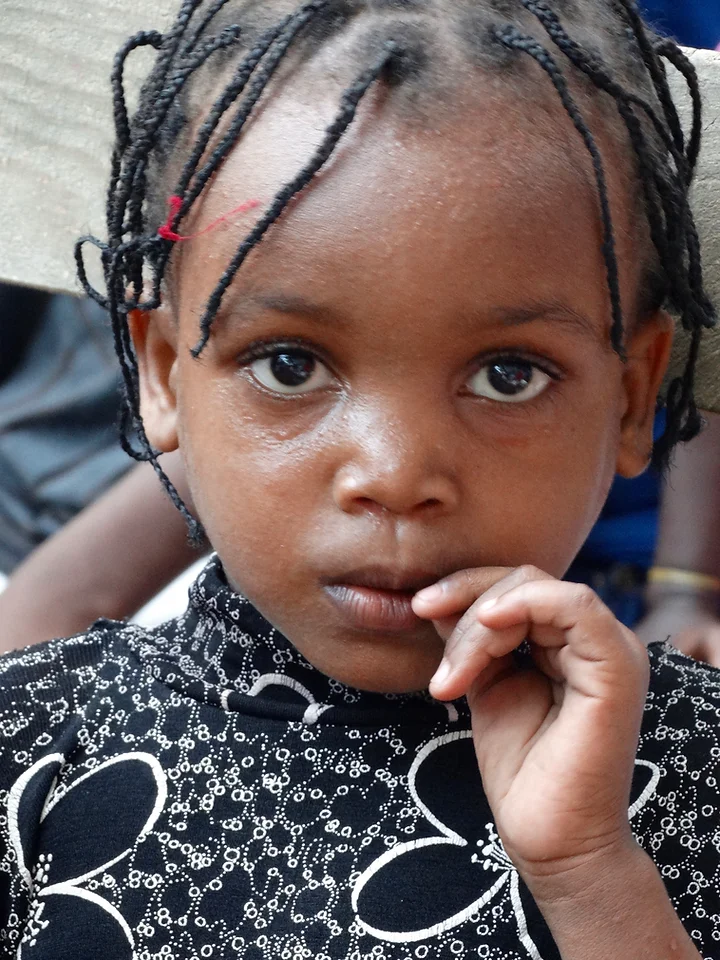When I was a child, I believed suicide was unforgivable.
I’m no longer a child.
After my grandfather died, my grandmother would come visit and stay for weeks. I was six years old. She would sleep in the other twin bed in my room. Every night, I listened to her prayers—listened to her plead with God to save her soul—every night.
A tender soul—sweet spirit and faithful follower of Christ. But she saw the shadows in her faith, and she prayed the light into them.
I cherish the memory of those prayers—prayers that followed her nightly Bible reading—prayers that linger like the fragrance of a soothing candle—like the hint of perfume on a pillow.
But if she had died before bedtime—before Bible reading—before pleading for forgiveness, she was already forgiven.
The work of salvation had been completed before she read, before she prayed—even before she’d been born—before generations had been born. Her Savior had done all the work.
Our work is to believe in the One who saves.
A dear friend recently lost a loved one to his own hands. His life dangled by a thread of hope that withered and eventually snapped. He’d forgotten who he was and who had made him—forgotten he was worth so much more—more than he’d ever realized. He was needed so much more than he’d ever realized. And missed more than he had feared.
But he was not forsaken and not forgotten.
As his family and friends remember him and ache for him—his Savior remembers him too—remembers him but forgets his mistakes—even his greatest mistake.
My heart breaks for my friend and her family. Their hurt is untouchable, unimaginable, and incomparable to other hurts. In my medical practice, I see a lot of things. Nothing is more difficult to endure than the loss of a child—even more—the loss of a child to suicide. The pain, the grief, the questions, the anxieties, and guilt that follow and cling to your thoughts—they try to rule your life and bury your hope and your joy.
When I listened to my friend describing how she felt—as though God’s promises were mocking her—as though He was absent, invisible, or uncaring, my heart melted for her. When she talked about struggling to even hear the song Restless Love and asked where was God when her son-in-law was putting the rope around his neck, I immediately pictured Jesus cradling that young man in his arms. The prince of peace born without a cradle—without clothes—without a home, cradled him in his arms, clothed him in his love, and called him home.
The man of sorrows is acquainted with our griefs, and he knew the young man’s pain, his wife’s pain, and my friend’s pain.
Sometimes it feels like Jesus is asleep in our boat—not just asleep but asleep in the stern—not even manning the rudder. The wind awakens and invites the storm, and the storm rages against our boat—against us. Jesus sleeps. We wake him with prayers that scream, frustrated that he isn’t guiding our vessel. Jesus take the wheel. Grab the rudder. Guide the boat. Do something.
But he ignores us, and the storm rages. No hand on the rudder. No rushing to lower the sail. He slowly stands while the rest of us are holding on for dear life.
He doesn’t always calm the storm. It doesn’t always happen the way we would plan it—the way we would hope. But the important thing to remember is that he is in control of the wind and the waves even when he is sound asleep and the storm rages around us and within us.
He whispers to our unbelief, “Be still. Cease striving. And let go.”
Depression is a hurricane within the soul, churning our thoughts, ravaging our hopes—our dreams—our families—our lives. When my friend’s son-in-law let go, Jesus held on. He knew the hurt—knows the hurt—endured the hurt. And he took the hurt on himself.
No sin is too great that Christ’s blood cannot forgive it.
Many think of suicide as an unforgivable sin. There is only one sin that fits that category. When Jesus called the pharisees white-washed tombs, he was saying they were dead in their sin of blaspheming the Holy Spirit. God Himself, the Holy Spirit, the breath of life, had breathed his everlasting immutable truth into their souls. They knew Jesus was God in the flesh, but they still rejected him. That was the unpardonable sin.
When that young life breathed his final breath by his own will, Christ had already forgiven that sin over 2000 years ago. When we fall asleep or when we die without having asked for forgiveness, he has already forgiven us.
So, instead of praying for forgiveness, those who’ve been redeemed by his blood should offer thanks for what he’s already done “once-and-for-all.”
I hope these words soften your pain. They aren’t sugar-coated or simply well-intentioned. I believe them to be truth. I believe our savior is smiling on us as we realize he is not asleep, and he is in control, and the world that waits for us is so much bigger than this tiny vessel in which we live—in which we are tossed about by life’s storms.
He is reckless with his love. And he does climb mountains for us—move them for us, kick down walls, tear down lies, chase after us, and overwhelm us when we are overwhelmed. And even when our pains and frustrations are mountains we can’t move—mountains that weigh on our souls and crush us to the point that life is beyond our control and we end it ourselves, he is still there. He leaves the ninety-nine who feel secure in the fold. He wanders into our darkness, finds us, and cradles that one lost lamb in his everlasting arms.
I pray God’s blessings on my grieving friend, and I pray for you if you are reading these words and share the same pain. You are in my heart and in my prayers. I pray God’s protection around you and your family.
We are soldiers in God’s army, and compassion is his weapon of choice.
When you cry for the children you meet, when you lose sleep or feel ill for those you don’t feel like you can help, you understand what it meant when Jesus looked on the multitude who appeared harassed and helpless like sheep without a shepherd.
Do not grow weary in doing good.
Do not let your love grow cold or your tears for the children run dry.
His love is strong.
His love never fails.
The end is not the end.


